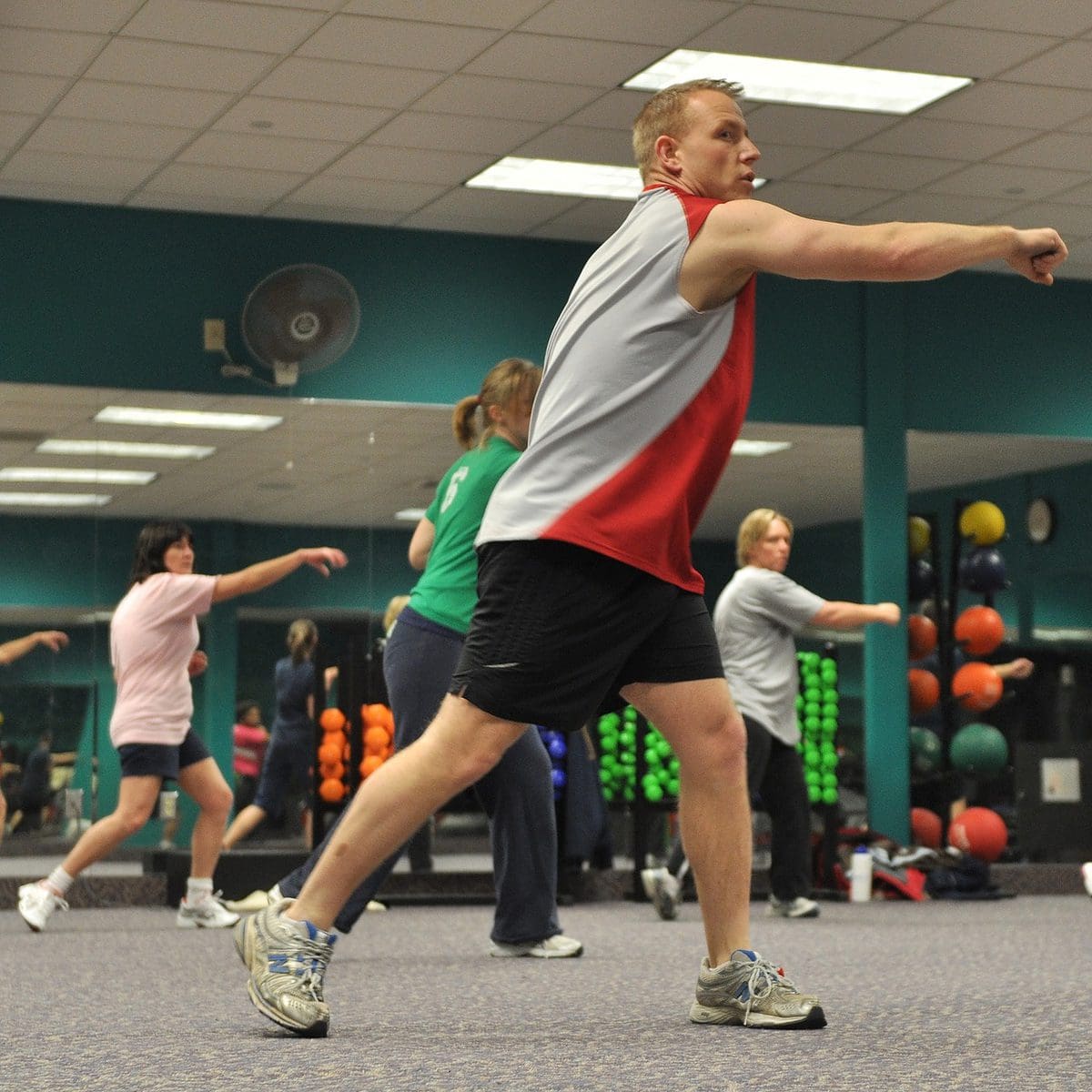By Dr. Timothy Swinn
The HIIT or MISS UK trial has shown that an 8-week low-volume High-Intensity Interval Training (HIIT) cardiac rehab programme led to a greater increase in VO2peak at 8 weeks compared to normal cardiac rehab prescription of Moderate-Intensity Steady State exercise (MISS)(1). Furthermore, HIIT appeared to be safe, with only 1 adverse event possibly linked to exercise (namely an episode of atrial fibrillation with fast ventricular response). These results may have implications for cardiac rehabilitation in the UK, where most regimens use MISS despite HIIT being recommended in North American and European guidelines.
In this assessor-blinded trial (currently a pre-print in the European Journal of Preventative Cardiology), 382 participants were recruited across 6 UK sites and randomised between HIIT and MISS for an 8-week programme. Participants had been referred for cardiac rehabilitation following myocardial infarction, CABG, elective PCI or coronary artery disease seen on angiogram and had left ventricular ejection fraction >35%. The study used a low-volume HIIT protocol (10 one-minute repetitions working at 85-95% peak power and >85% maximum heart rate) and the MISS group worked at 60-80% peak power for 20-40 minutes. The primary outcome (VO2peak) was similar at baseline between groups but increased by more in the HIIT group at 8 weeks with intention-to-treat analysis (estimated difference of mean change after adjustment, 1.04 mL.kg−1.min−1; 95% CI, 0.38–1.69; P = 0.0021). There was no significant difference in this measure at 12 months, nor was there any significant difference in secondary outcomes (change in LV structure or function, renal function, cholesterol, or quality of life questionnaire). 75% of the HIIT group completed at least 80% of sessions, compared to 87% of the MISS group, although this was not statistically significant.
Strengths of this trial include a clear contrast in intensity of exercise between groups. Previous trials investigating HIIT have used a higher volume protocol (repetitions of 4 minutes) and intensity of exercise during these repetitions becomes closer to MISS. Although there was no significant difference in outcomes at 12 months, the encouraging safety profile of HIIT gives cardiac rehab practitioners more flexibility in finding an exercise regime that works for an individual. It may be that finding an exercise regime that a patient will consistently stick to, even after a prescribed programme has finished, will have the greatest impact on their long-term health.
References
- McGregor G, Powell R, Begg B, Birkett ST, Nichols S, Ennis S, et al. High-intensity interval training in cardiac rehabilitation: a multi-centre randomized controlled trial. Eur J Prev Cardiol. 2023 Feb 8.

